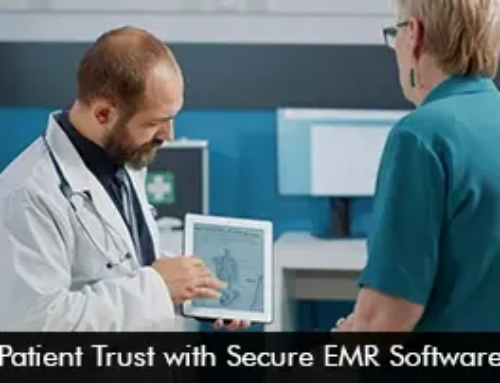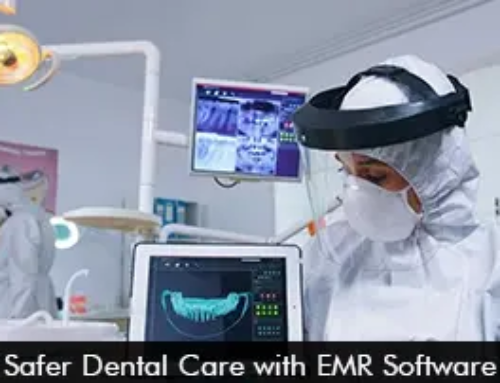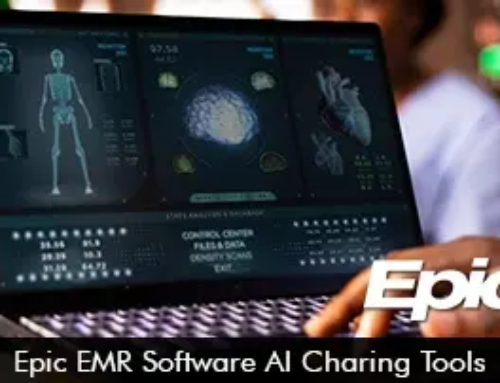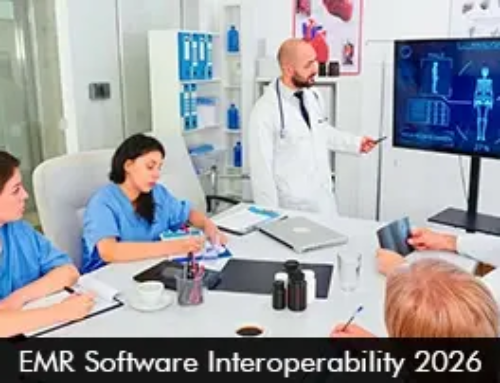A new era of efficiency and accuracy in vaccination management is being ushered in by the integration of Electronic Health Records (EHRs) with Vaccine Scheduling Solutions in the ever-changing healthcare landscape. This creative confluence has the potential to greatly improve public health outcomes while also streamlining procedures. This blog will examine the main advantages, difficulties, and revolutionary effects of combining EHRs with vaccine scheduling solutions with an emphasis on how this will change the way healthcare is delivered.
Benefits of Integration:
Seamless Information Flow:
Patient History at Your Fingertips:
- Integrating EHRs with vaccine scheduling allows healthcare providers instant access to a patient’s medical history.
- This comprehensive overview enables them to make informed decisions regarding vaccine administration, considering individual health nuances.
Efficient Appointment Scheduling:
Personalized Immunization Plans:
- The synergy allows for the creation of personalized immunization schedules based on a patient’s medical history, ensuring timely vaccinations and reducing the likelihood of missed doses.
- Automated scheduling systems can send reminders, enhancing adherence.
Data Accuracy and Consistency:
Streamlined Data Entry:
- Integration minimizes the risk of errors associated with manual data entry.
- The automatic transfer of information from EHRs to scheduling systems ensures data accuracy, promoting a standardized and consistent approach to immunization records.
Challenges and Considerations:
Interoperability Challenges:
Navigating System Compatibility:
- The diverse range of EHR and scheduling solutions in use can present interoperability challenges.
- Ensuring seamless communication between different systems requires careful consideration and often involves collaboration between healthcare providers and technology vendors.
Data Security and Privacy:
Protecting Patient Information:
- The integration of sensitive health data necessitates robust security measures.
- Healthcare providers must implement encryption, access controls, and compliance with data protection regulations to safeguard patient privacy.
User Training and Adoption:
Ensuring Competency:
- Successfully merging EHRs with vaccine scheduling solutions requires healthcare professionals to be proficient in using the integrated systems.
- Adequate training and change management strategies are crucial to ensure smooth adoption and utilization.
Transformative Impact on Healthcare:
Enhanced Population Health Management:
Data-Driven Decision-Making:
- The integration facilitates a more data-driven approach to population health management.
- Healthcare providers can analyze immunization trends, identify at-risk populations, and develop targeted intervention strategies to improve overall community health.
Real-Time Monitoring and Reporting:
Proactive Disease Surveillance:
- With integrated systems, healthcare authorities can monitor immunization rates in real-time.
- This proactive surveillance enables rapid response to outbreaks, allowing for timely interventions to prevent the spread of vaccine-preventable diseases.
Improved Patient Engagement:
Empowering Patients:
- Patients can actively participate in their healthcare journey with access to personalized immunization plans and appointment reminders.
- This empowerment fosters a sense of responsibility and engagement, contributing to better healthcare outcomes.
The Future of Integrated Immunization Management:
The combination of EHRs with Vaccine Scheduling Solutions is a step forward in the ever-changing healthcare industry. To overcome obstacles and optimize the advantages of this integration, technology developers, healthcare providers, and regulatory agencies must continue to collaborate. The future of public health is greatly promising as we move toward a totally integrated healthcare ecosystem where vaccination management is effective, individualized, and data-driven.








